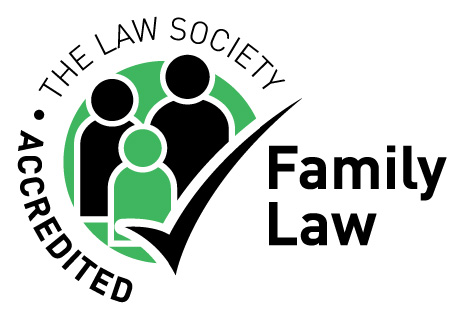#InternationalDayOfPersonsWithDisabilities2019
International Day of Persons With Disabilities (“IDPWD”), is a day specifically marked by the United Nations (“UN”) since 1992 in recognition of the aim to work towards a future where “accessibility is everyone’s responsibility” and where people are not excluded because of health impairments.
#Equality
Disability equals diversity, not disadvantage. The UN has called for support to ensure the dignity, rights and wellbeing of persons with disabilities. The day marked on the 3rd of December every year draws attention to the various benefits to society as a whole, of including individuals with disabilities in political, social, economic and cultural life.
#IDPWD2019
The theme for 2019 is “promoting the participation of persons with disabilities and their leadership: Taking action on the 2030 Development Agenda”.
This theme signifies the 2030 sustainable development agenda of “leave no one behind”, and to empower people with disabilities. This year’s events are calling for removing obstacles that stand in the way of the progress of people with disabilities.
IDPWD 2019 coincides with reports this week which have confirmed that the disability pay gap has narrowed marginally from 12.7% in 2017 to 12.2% in 2019. The Government’s data shows that the median average pay for non-disabled workers in 2018 was £12.11 per hour, compared with £10.63 for those with disabilities. Why should there be a disparity?
Different disabilities
The Office of National Statics Data groups disabilities into a number of categories, including mental impairments such as depression; physical impairments and also other impairments for example progressive illnesses such as Cancer. In 2018, nearly one in five of the population aged 16 to 64 was disabled, a staggering proportion who are left without the support needed to succeed.
Disability Discrimination
Whilst it is encouraging to see a narrowing in the disability employment gap itself, and pay gap, in reality there is still a way to go to achieve true equality. Disabled people continue to face prejudice and struggle to either get a job, or retain their position. Data from the report indicates that disabled people are less likely to progress to senior management roles, or work in professional occupations.
Diversity and Inclusion
Employers often struggle to manage health and disability effectively, and as a result they are missing out on individuals in society who are hardworking and talented and can make valuable contributions as a whole.
Employers tend to shy away from engaging individuals who have disabilities, due to concerns over how to effectively manage them and their conditions and often due to perceived burdens of the duty to make reasonable adjustments under the Equality Act 2010 becoming unsustainable.
#Equality Act 2010
Disability discrimination is when an individual is treated less well or put at a disadvantage for a reason that relates to their disability.
The treatment could be a one-off action, the application of a rule or policy or the existence of physical or communication barriers which make accessing something difficult or impossible.
The discrimination does not have to be intentional to be unlawful.
What is a disability?
Pursuant to the Equality Act, a disability means a physical or a mental condition which has a substantial and long-term impact on your ability to do normal day to day activities.
Some impairments’ are automatically treated as a disability. An individual is covered if you have:
- cancer, including skin growths that need removing before they become cancerous
- a visual impairment - this means you’re certified as blind, severely sight impaired, sight impaired or partially sighted
- multiple sclerosis
- an HIV infection - even if you don't have any symptoms
A long-term effect means something that has or is likely to affect the individual for at least 12 months (even if they are fluctuating).
Reasonable Adjustments
Reasonable adjustments remove or minimise disadvantages experienced by disabled people.
What is reasonable will depend on the circumstances of each individual case. And it will depend on an assessment of factors including:
- Is the adjustment practical to make?
- Does the employer have the resources to pay for it?
- Will the adjustment be effective in overcoming or reducing the disadvantage in the workplace?
- Will the adjustment have an adverse impact on the health & safety of others?
NHS
The NHS employers’ organisation as part of their support for IDPWD, is promoting a number of blogs, resources and talks to encourage organisations and managers to support staff with disabilities. Information provided includes:
- How to make reasonable adjustments to support staff with disabilities,
- Staff networks and forums,
- Listening to the voices of disabled staff.
- Recruitment toolkits
- Managing and challenging cultural / attitude barriers that can cause issues for disabled individuals in the workplace.
For further advice in relation to disability discrimination, and managing disabilities in the workplace to include facilitating reasonable adjustments please contact a member of our Employment Team on 020 8363 4444.
Please note that this blog is for guidance purposes only.

















